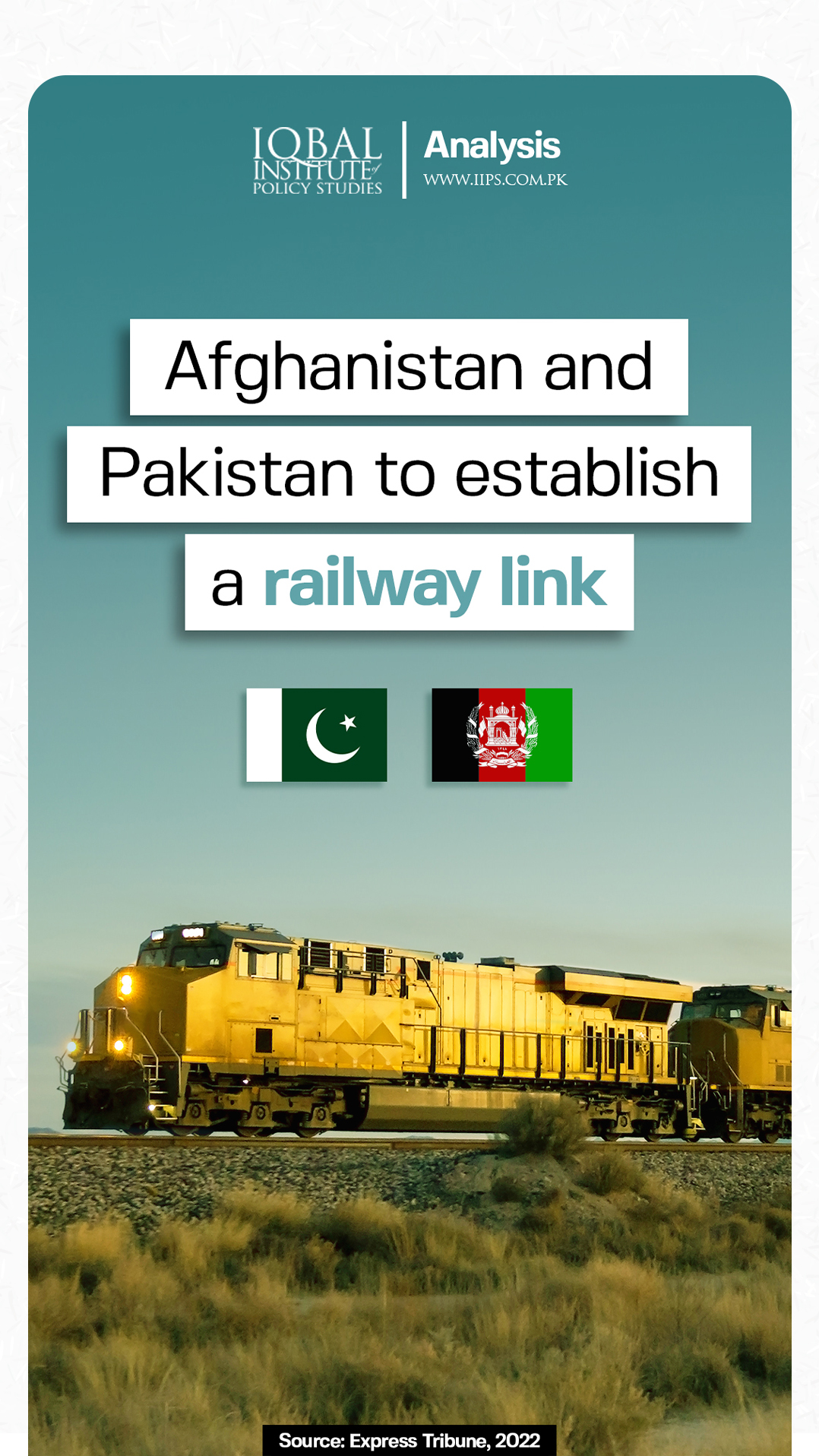The Taliban-led government approved a railway link between Pakistan and Afghanistan, a rail link between the cities of Peshawar and Kabul and Peshawar and Jalalabad.
The cabinet meeting of five countries – Pakistan, Afghanistan, Russia, Uzbekistan and Kazakhstan – was held and presided by the Afghan Prime Minister Mullah Muhammad Hassan Akhund. The meeting was held to discuss the railway network between the states. The project is a joint institute of the five countries to strengthen economic cooperation.
During the first phase, feasibility studies and surveys would be conducted, and the findings of the first phase would be shared with the high officials during the second phase of the project. Russia using advanced technology, would carry out the survey of the project and prepare feasibility reports while other countries will construct railway tracks on their respective territories.
Previously, the Afghan government decided to extend the railway track to Jalalabad, but due to security reasons, it was scrapped. Now, as the situation has improved, the track will be extended till Mazar-e-Sharif with the financial backing of donors. The International Institute for Transhipment Services (IITMS) will enhance cooperation between Pakistan and Afghanistan. This would boost the trade volume between the member states, and the total length of the track would be 800km till Mazar-e-Sharif.
Last year in December, Prime Minister Imran Khan signed a Joint Appeal Letter to seek a $4.8 billion loan from various International Financial Institutions (IFIs) for the railway line project.
A 573km long railway link will be constructed with the funds raised under the joint appeal. The shortest economic track will run from Peshawar to Kabul and from Kabul to Uzbekistan via Mazar-e-Sharif. The route will have 27 stations, 910 artificial constructions and 7 tunnels to facilitate cargo movements.



Leave a Reply